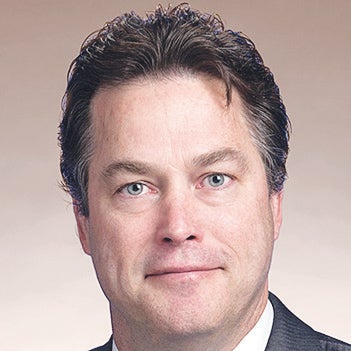Local schools, representative grateful voucher bill tabled
Published 9:30 am Tuesday, February 23, 2016

Contributed Photo
Representative John Holsclaw advocated against the school voucher bill along with Carter County and Elizabethton School systems
A bill before the Tennessee State Legislature that would have diverted money from public schools into private schools to give parents and students broader educational options was tabled on Feb. 11.
The Tennessee Choice and Opportunity Scholarship Act (H.B.1049) was introduced in the Tennessee House of Representatives last year, following the passage of a similar bill in the Senate.
In late January, the bill barely passed in the House Finance Committee, with a vote of 11-10 following heated debate.
The controversial bill, though it received support in parts of the state, was adamantly opposed in Carter, Washington and Unicoi Counties, whose school boards voiced their opposition to the Tennessee General Assembly.
State Sen. Rusty Crowe opposed the bill along with State Rep. John Holsclaw, who argued in a press release that it could siphon up to $216 million from public schools into private schools over the course of five years.
Proponents of the bill argue it is their tax dollars to direct into the educational institution they choose. The bill would only be available to students of schools whose academic achievement was in the bottom five percent of the state, and whose family income qualifies them for free and reduced meals.
While they argue it could benefit those students, many feel it would “leave behind” others with even less funding.
Members of the Elizabethton Board of Education signed a resolution stating their opposition to the proposed bill.
Elizabethton Board of Education member Susan Peters called it a “serious detriment to public schools” and said it abandons public schools while draining public dollars and not raising achievement for anyone.
The resolution signed by board members also stated that allowing vouchers eliminates public accountability because tax dollars go into institutions that do not have the same academic standards and are not required to share student achievement data publicly.
Holsclaw also represented local school systems in arguing that the voucher program would not give families more choices because the private schools make the choice to accept or deny students.
Students that would have received vouchers from the state would not have been guaranteed enrollment into private schools; this would be the decision of the private school.
“This means that a student who is failing or behind in school would probably be left in public schools, while students that are already succeeding would be taken out of the public schools, lowering the overall success rate of public schools and creating a misrepresentation of the effectiveness of our public schools,” said Holsclaw.
Moreover, Holsclaw said the bill does nothing to address issues like “over testing of students, under funding of schools, lack of resources for teachers, lack of resources for students,” or the technology and literacy gaps.
“It does absolutely nothing for over ninety percent of our student population,” Holsclaw said.
It is still possible that an attempt will be made to revive the bill next year.





